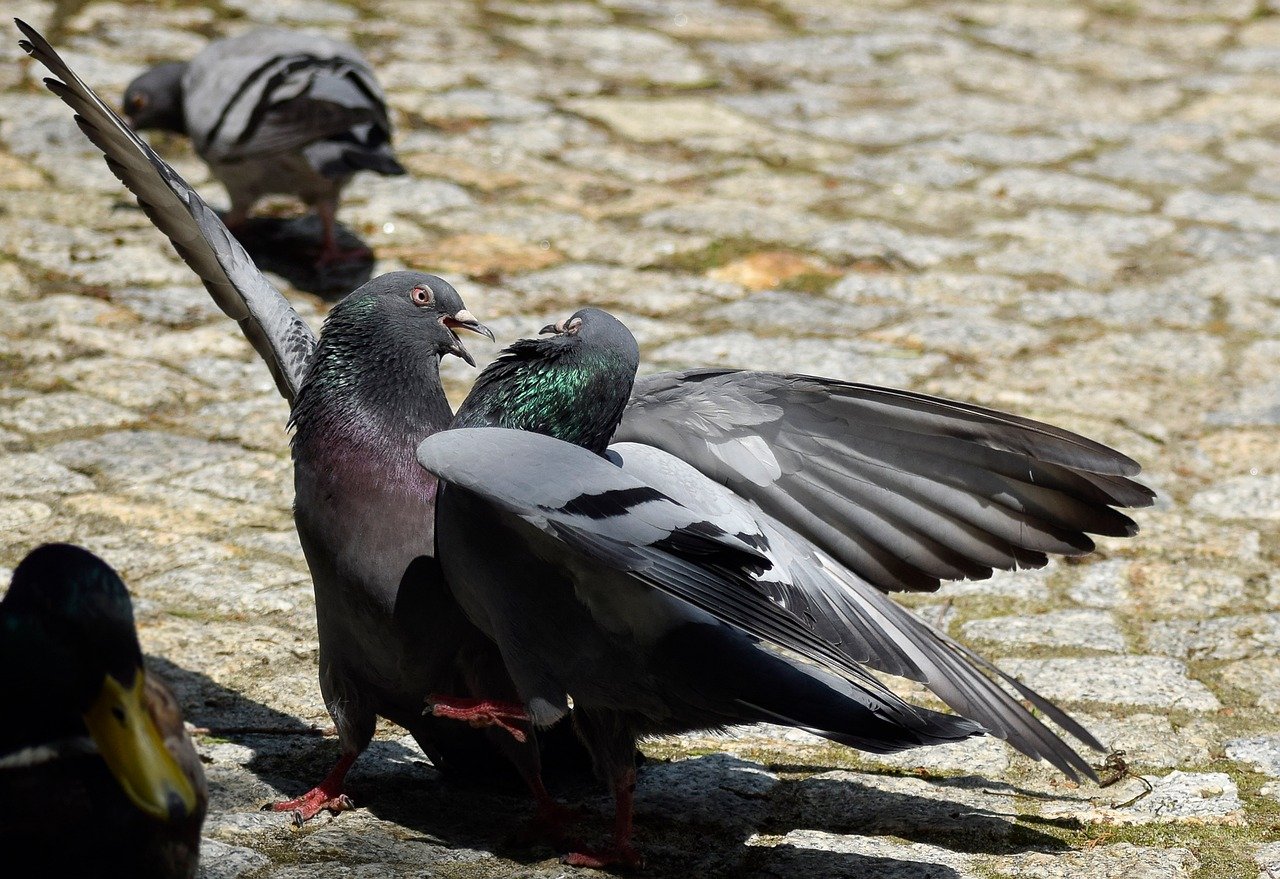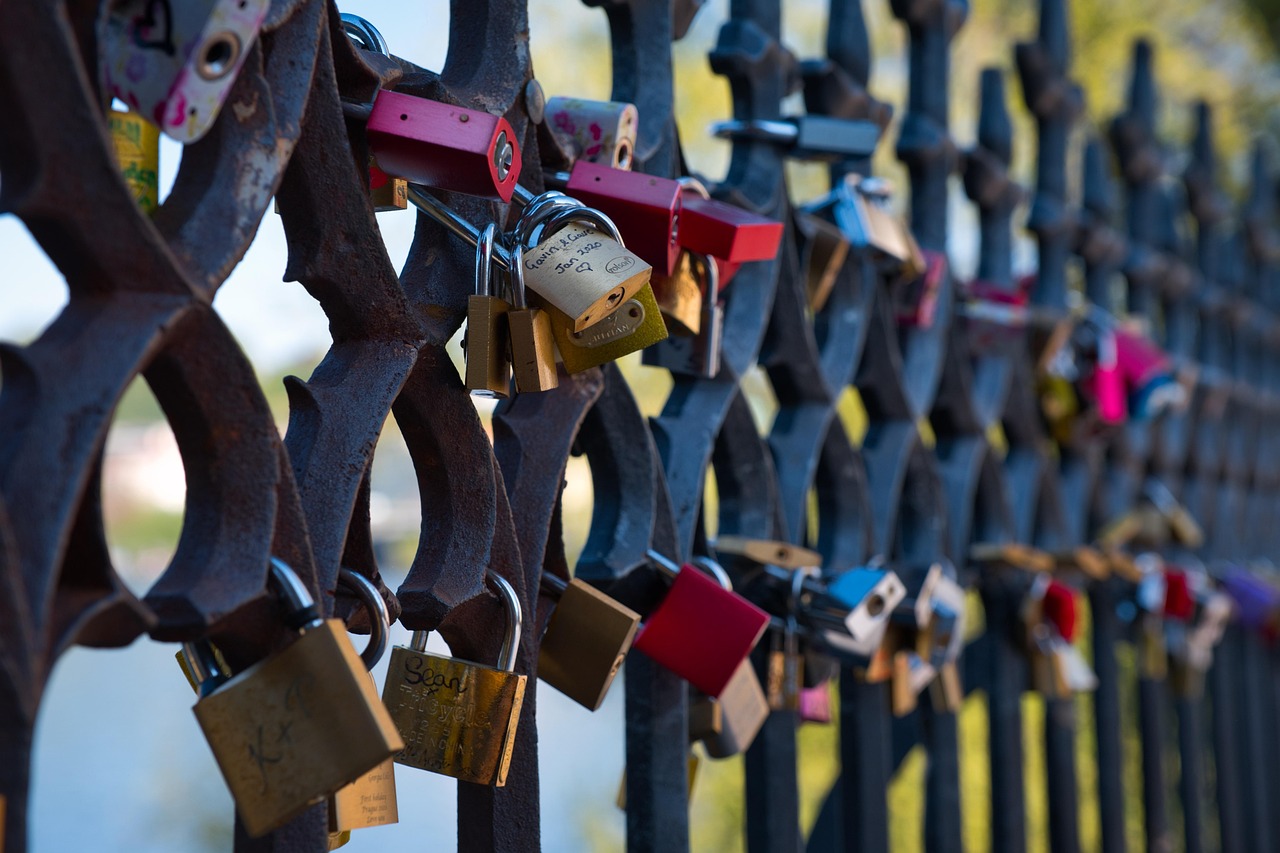
Introduction
## Letting Go of Toxic Relationships Is Growth. It’s okay to let go of people who couldn’t love you or didn’t try to. Outgrowing toxic relationships means you are filling the empty space inside you with self-love. This process is not only natural but something to celebrate. When you release those who harm you emotionally, it reflects your growth into a stronger, more grounded version of yourself. This shift is essential for personal development and emotional well-being.
Recognizing Others as Mirrors to Yourself
One powerful way to foster growth is to observe others as mirrors reflecting parts of your own self. Encountering toxic behavior from someone like Simon, who exhibits narcissistic traits such as gaslighting, manipulation, and blame-shifting, can painfully reveal your own vulnerabilities. For example, Simon’s inability to accept criticism and his fragile ego show how unchecked toxicity damages relationships. Witnessing this can inspire you to examine your own behavior and avoid repeating similar patterns.

Understanding the Root of Toxic Behavior Deepens Compassion
Even when faced with harmful actions, developing empathy for toxic individuals can be a step toward healing. Simon’s struggles with job loss, depression, and drug use explain some of his destructive patterns. Research in psychology highlights that narcissistic traits often stem from deep insecurities and trauma. Recognizing this does not excuse the behavior but helps you maintain compassion without enabling toxicity. Compassion is a tool for your own peace, not a reason to tolerate harm.

Setting Boundaries
Setting Boundaries Protects Your Well-Being. After multiple attempts to reconcile with Simon, it became clear that continuing the relationship was harmful. Setting firm boundaries such as blocking him is crucial for self-protection. Studies show that people who cut off toxic contacts report improved mental health and reduced stress. While grief for lost connections is natural, prioritizing your well-being allows space for healthier relationships and personal growth. Saying no is a powerful act of self-love.
Reflecting on Your Own Past Mistakes Encourages Humility
Encountering Simon’s toxicity brought up memories of past mistakes, such as the fallout with a longtime friend named Anthony during a period of addiction. That 15-year friendship ended after broken trust and hurtful words, leading to deep depression. Acknowledging your own emotional volatility and moments of weakness is vital for self-awareness. Growth requires humility to face your shadows and choose a different path moving forward. ## Mastering Emotional Restraint Is a Sign of Strength. True strength lies in mastering your capacity for emotional destruction, not in suppressing it entirely. The metaphor of a sheathed sword illustrates this well: your voice is sharp and effective when controlled, but devastating if wielded carelessly. Emotional intelligence research supports that people who practice restraint experience stronger relationships and greater life satisfaction. Refusing to lash out at the slightest provocation is a conscious choice toward becoming a noble, honorable person.
Committing Continuous
Committing to Continuous Healing and Self-Reflection. Meeting someone like Simon can serve as a catalyst for your own healing journey. It clarifies the mission to shed harmful habits and build emotional intelligence. Psychotherapy and even AI tools like ChatGPT can aid in this process by providing space for reflection and guidance. According to recent mental health studies, combining professional therapy with self-help techniques accelerates long-term healing and resilience. Your commitment to growth is a lifelong path, fueled by self-awareness and compassion.
Accepting That Some Relationships Cannot Be Rebuilt
Sometimes, bridges are too damaged to repair, and acceptance is part of growth. Those who once cut you off may have seen you as unsafe or emotionally destructive. While it hurts to lose these connections, respecting others’ boundaries honors their experience and your own progress. Scientific literature on relationship dynamics shows that acceptance and letting go reduce emotional distress and promote psychological well-being. Choosing humility and self-reflection enables you to keep growing despite loss.

Practicing Daily
Practicing Daily Habits That Foster Self-Love and Growth. To sustain this growth, develop daily habits that reinforce self-love and emotional control. These might include journaling about your feelings, practicing mindful breathing during moments of anger, setting clear boundaries with others, and regularly reflecting on your reactions to difficult people. Research on habit formation indicates that consistent small actions lead to lasting personality changes. Celebrate each step you take toward mastering yourself and creating a healthier emotional environment.
Prioritizing Your
Prioritizing Your Well-Being Above All Else. Ultimately, your well-being must come first. Letting go of toxic people like Simon is not about defeat but about reclaiming your peace and space to thrive. Data from mental health surveys confirm that individuals who maintain healthy boundaries report higher happiness and lower anxiety levels. Choosing yourself is a powerful act of courage and self-respect. Embrace your journey with calm reflection and confidence that growth is always possible.
